Back
Loading...
HOME / SPORTSPEDIA

SportsPedia: Wrestling
Oct 12, 2022, 20:18

In simple terms, we can define wrestling as a sport that involves forcing the opponent to touch the ground. The roots of this combat sport can be traced back to ancient Greece, where it was used to train the soldiers, it is also referenced in the cave painting of France. In the Indian context, wrestling has always been an extremely popular sport with several regional styles. It was traditionally known as Malla-yuddha and has been mentioned in epics like Ramayana and Mahabharata. In fact, Bhim is referred to as the most accomplished wrestler in Mahabharata. Other popular names for wrestling in India include kushti, pehlwani, malyutham and dangal. In the North Indian states of Punjab and Haryana, wrestling takes place on a soft ground called ‘akharha’.
Wrestling has different forms such as freestyle, Greco-Roman, judo, sambo, folkstyle, to name a few. Freestyle wrestling has been a part of Olympics since 1920, however the women’s event was introduced only in 2004. Let’s understand the basics of freestyle wrestling.
Scoring and Rules
A typical bout is divided into two periods of 3 minutes each with a 30 second break in between. The wrestlers compete with each other on a mat having a diameter of nine meters. The main objective of the game is to pin the opponent’s shoulders to the mat for a short duration of time, this gives the wrestler an instant victory by ‘fall’. However, victory by fall is a rarity especially in big competitions like the Olympics and World Championships. Therefore, the most common way of winning a bout is through points.
The points range from 1-5 and the point a move carries depends on the level of difficulty. Points can be scored in the following ways:
At the end of a bout, the wrestler with the most points wins. In case there is a tie then the wrestler who scored the maximum points in a single move is declared the winner. If the wrestlers are equal in this respect as well then the final point scored and the least number of cautions become the tie-breaking factors. If at any point in the match a wrestler builds a 10-point advantage, the bout is declared as over and the wrestler wins the match on the ground of technical superiority.
The referee can penalize a wrestler for grabbing the singlet or mat, leaving the mat without referees permission, a false start or displaying unsportsmanlike conduct.
Wrestling in India
Wrestling Federation of India is the governing body for the sport. It has 28 affiliated units. The following are some of the most notable achievements of Indian wrestlers at the Olympics:
Wrestling has different forms such as freestyle, Greco-Roman, judo, sambo, folkstyle, to name a few. Freestyle wrestling has been a part of Olympics since 1920, however the women’s event was introduced only in 2004. Let’s understand the basics of freestyle wrestling.
Scoring and Rules
A typical bout is divided into two periods of 3 minutes each with a 30 second break in between. The wrestlers compete with each other on a mat having a diameter of nine meters. The main objective of the game is to pin the opponent’s shoulders to the mat for a short duration of time, this gives the wrestler an instant victory by ‘fall’. However, victory by fall is a rarity especially in big competitions like the Olympics and World Championships. Therefore, the most common way of winning a bout is through points.
The points range from 1-5 and the point a move carries depends on the level of difficulty. Points can be scored in the following ways:
- Passivity: 1 point is awarded to the attacking wrestler when the opponent flees the hold or refuses to start.
- Out-of-Bounds: When a wrestler places his/her foot in the protection area, a point is awarded to the opponent.
- Reversal: A point is awarded for reversal that is when the wrestler gains control over the opponent from a defensive position.
- Penalty: If a wrestler takes injury time-out, the opponent receives a point unless the injury has resulted in bleeding. Other violations such as fleeing the mat or hold, striking the opponent, etc lead to a penalty of 1 or 2 points, a caution (3 cautions results in the match being awarded to the opponent) and choice of position to the opponent.
- Exposure: When the back of the opponent is exposed to the mat at an angle of 45 degrees or less for at least 2 seconds, but less than five, the wrestler gets 2 points, if it is for 5 seconds or more, then 3 points are scored.
- Takedown: The points are awarded when the wrestler gains control of the opponent from a neutral position.
- 2 points are awarded when the wrestler takes down his/her opponent from their feet.
- 3 points are awarded when the wrestler's opponent is taken from his/her feet or stomach to his/her back or side.
- 4 points are awarded for a throw of grand amplitude which does not put the opponent into a direct danger position.
- 5 points are awarded for a throw of grand amplitude that is a throw in which the opponent is brought off the mat and controlled in a manner that his/her feet go directly above their head.
At the end of a bout, the wrestler with the most points wins. In case there is a tie then the wrestler who scored the maximum points in a single move is declared the winner. If the wrestlers are equal in this respect as well then the final point scored and the least number of cautions become the tie-breaking factors. If at any point in the match a wrestler builds a 10-point advantage, the bout is declared as over and the wrestler wins the match on the ground of technical superiority.
The referee can penalize a wrestler for grabbing the singlet or mat, leaving the mat without referees permission, a false start or displaying unsportsmanlike conduct.
Wrestling in India
Wrestling Federation of India is the governing body for the sport. It has 28 affiliated units. The following are some of the most notable achievements of Indian wrestlers at the Olympics:
- Khashaba Dadasaheb Jadhav won a bronze at the 1952 Olympics, becoming the first athlete from independent India to win an olympic medal. The second medal at the Games, a bronze was won by Sushil Kumar in 2008.
- At the 2012 Olympics Sushil Kumar won a silver and Yogeshwar Dutt won a bronze medal.
- Sakshi Malik won a bronze at the 2016 Olympics, becoming the first Indian female wrestler to do so.
- 2021 proved to be another successful year as Ravi Kumar Dahiya and Bajrang Punia won a silver and a bronze respectively.

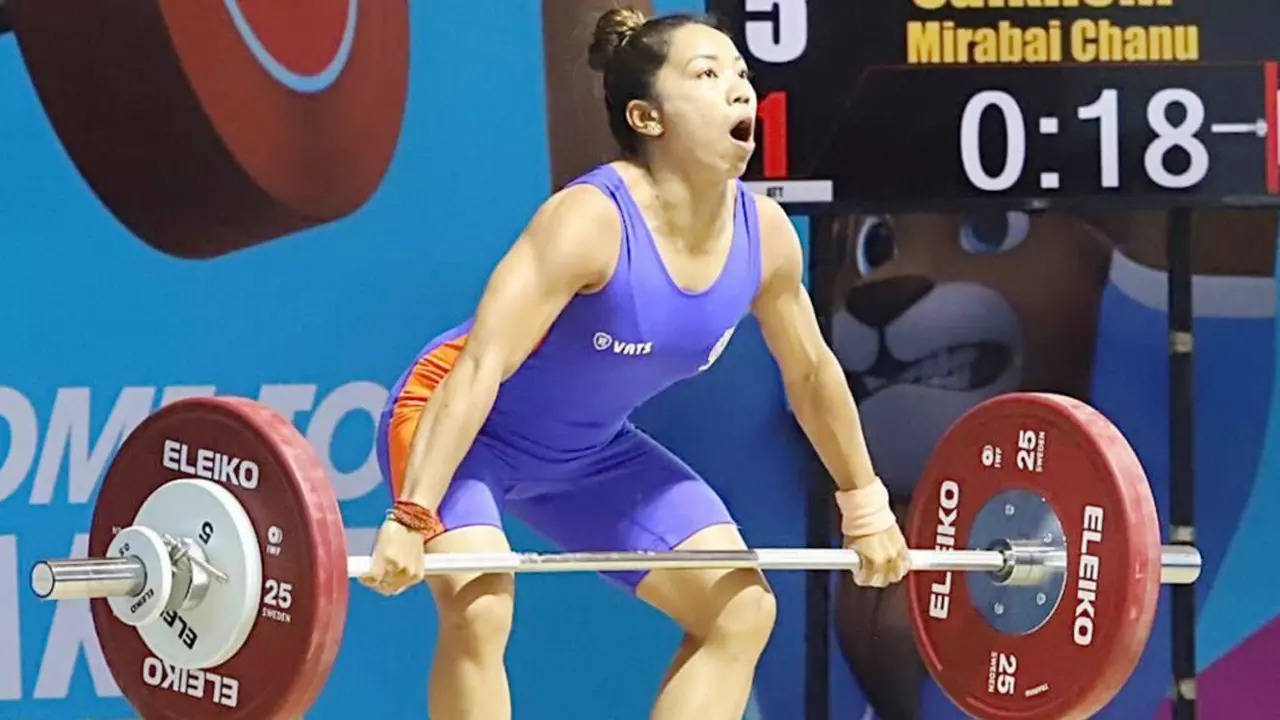
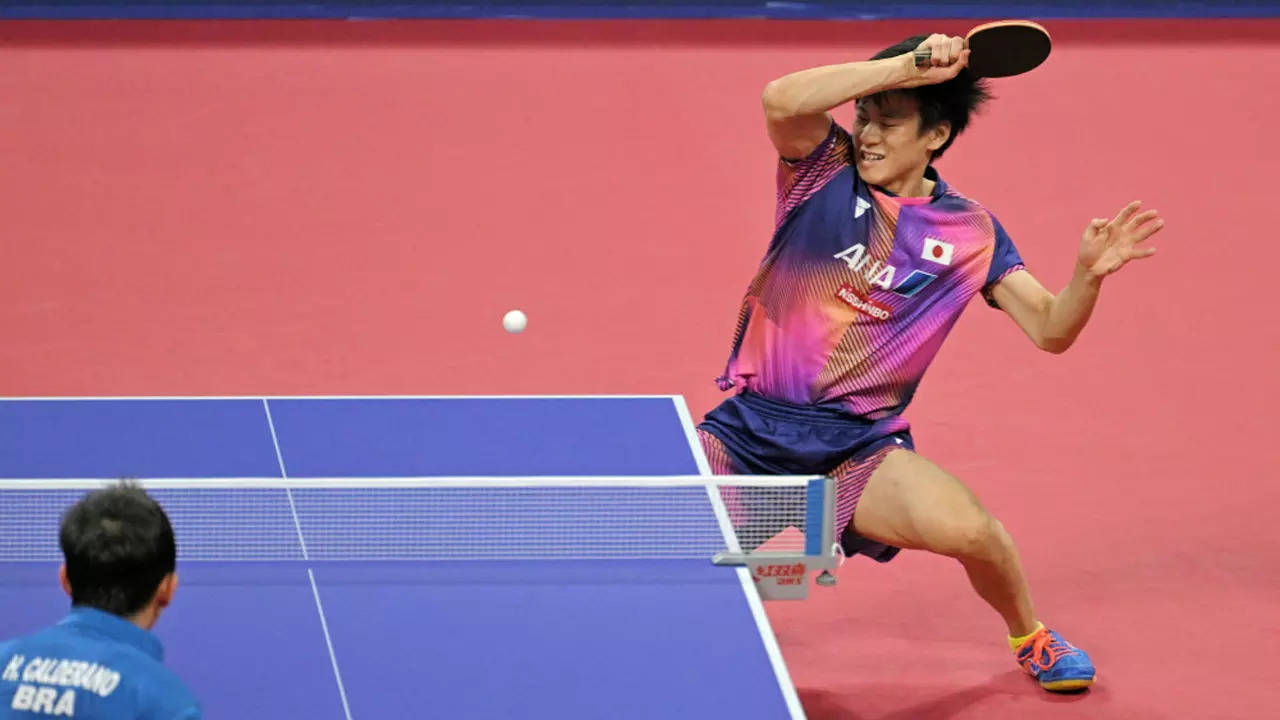
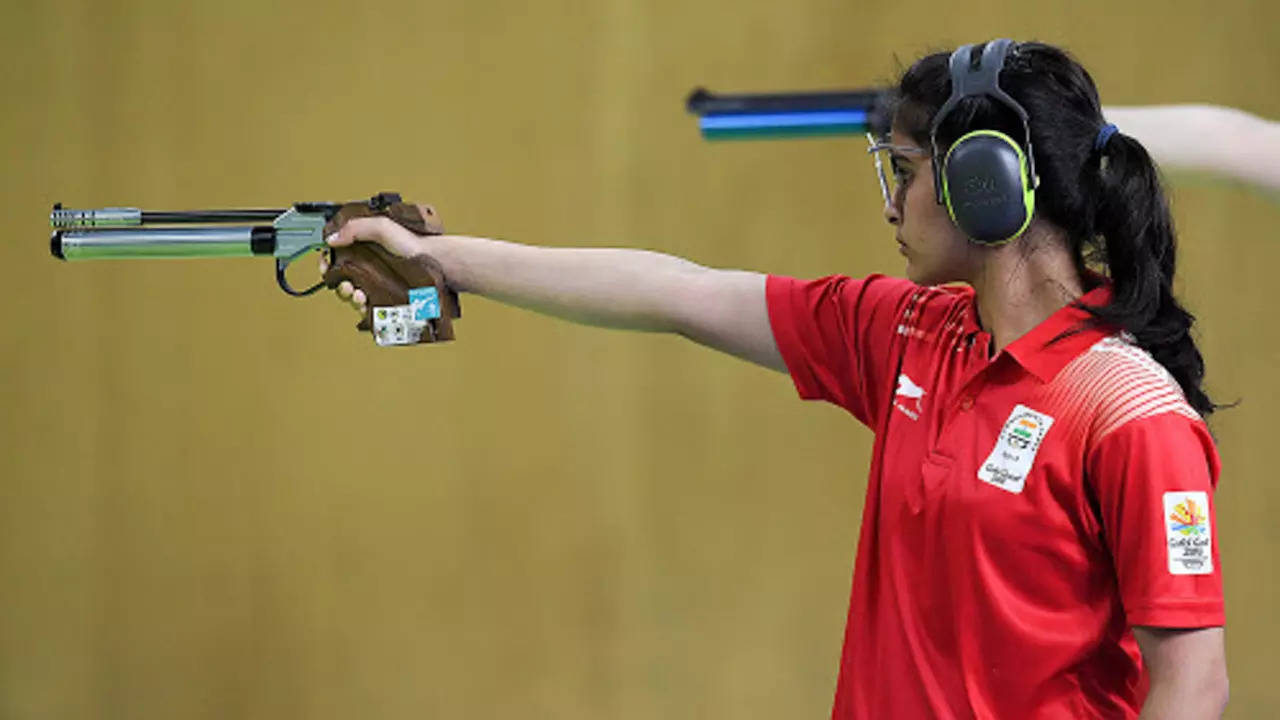


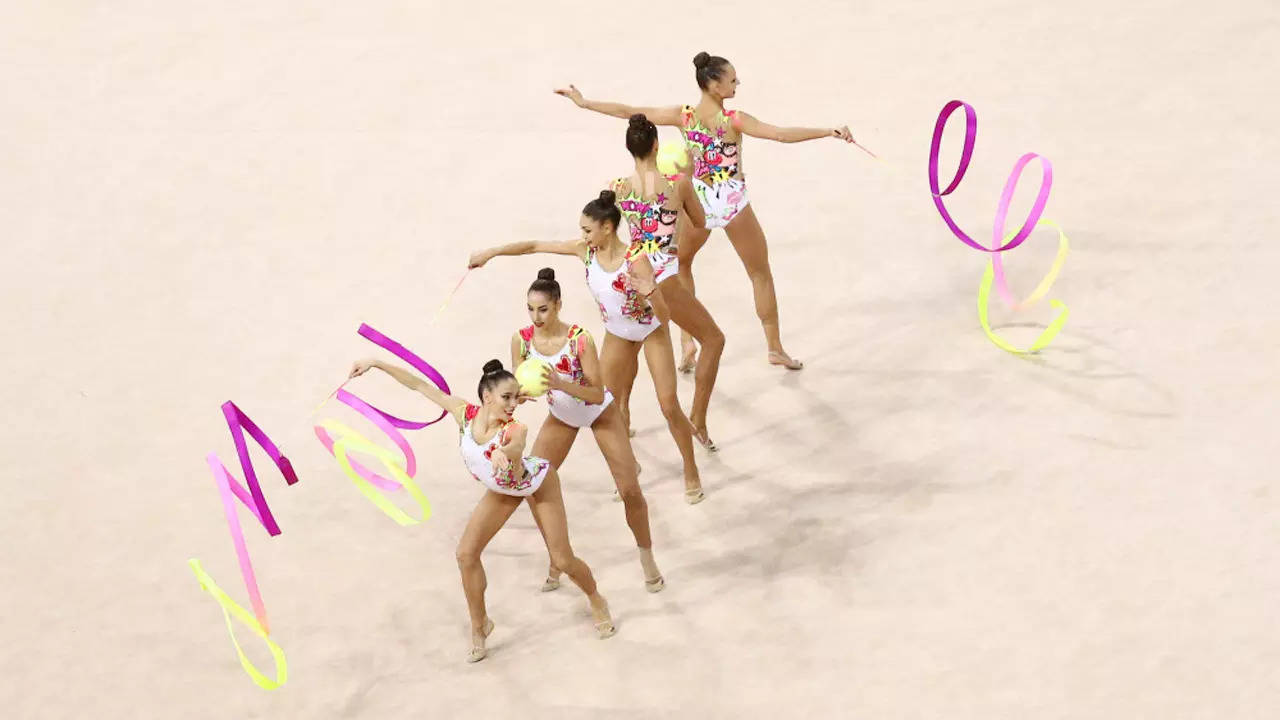

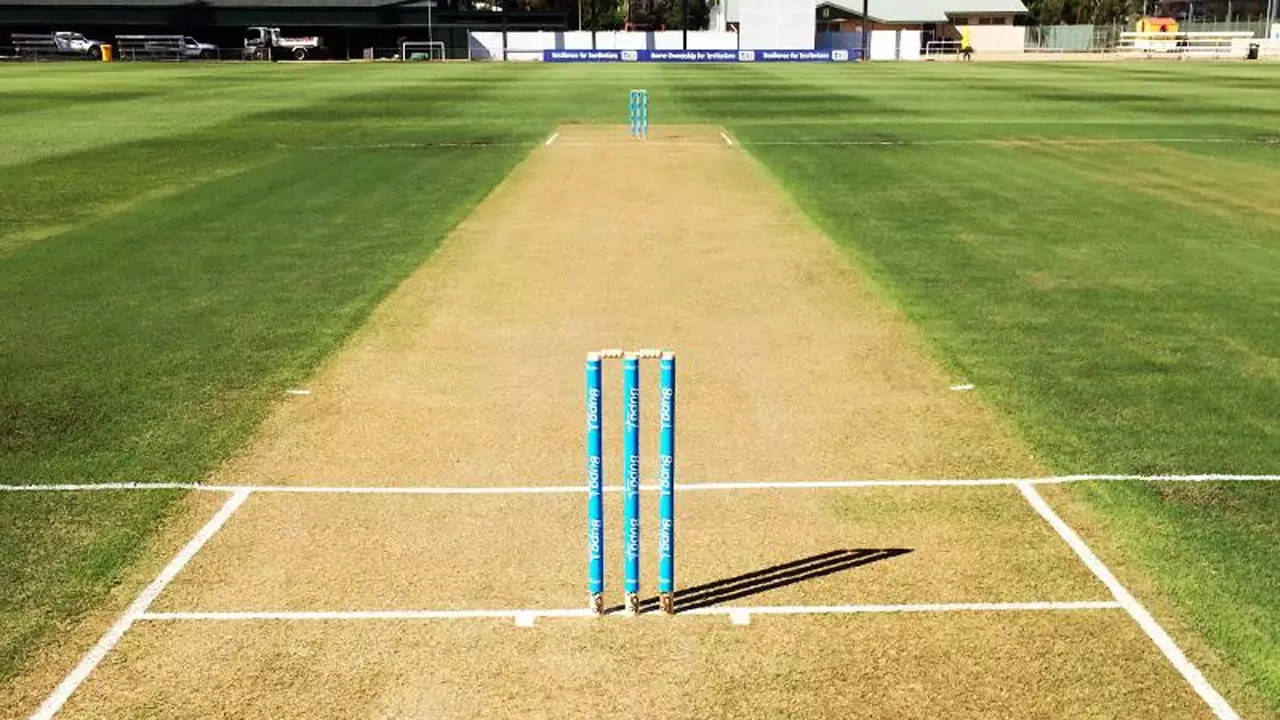
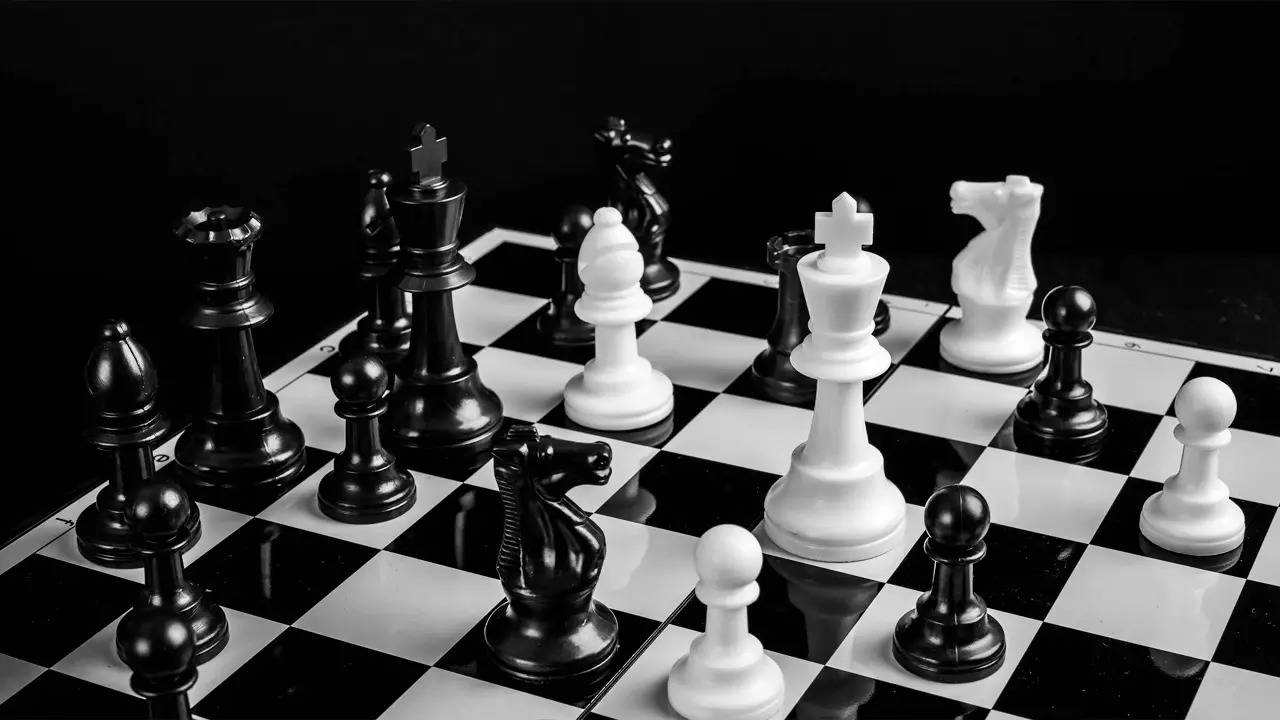
Follow us on